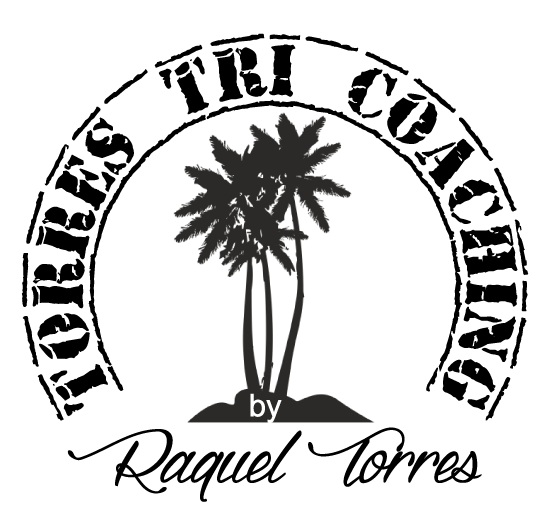The Importance Of Visualization To Reach Your Goals
“Wheresoever you go, go with all your heart…And remember no matter where you go, there you are.”
Confucius
“Feelings come and go like clouds in a windy sky. Conscious breathing is my anchor.”
Thich Nhat Hanh
Visualization is the first step in increasing the likelihood of reaching your goals and dreams.
Just as affirmations or mantras benefit motivation, focus, and practical goal setting, visualization or mental imagery does, too.
What is Visualization? It is the use of imagination through pictures or mental imagery to create visions of what we want in our lives and how to make them happen. Along with focus and emotion, visualization becomes a powerful, creative tool that helps us achieve what we want in life. Used correctly, it can bring about self-improvement, maintain good health, help you perform well in sports, and accomplish your goals in life.
In sports, professional athletes often use mental imagery to improve their skills by picturing the achievement of a specific feat, such as hitting or shooting a ball, skiing a hill, swimming, or running a race, among other things.
“Humans are but the product of their thoughts, what they think, they become.” Gandhi.
Some benefits of visualization:
The idea behind visualizing your goals is that if you “see” your goal, you are more likely to achieve it.
It creates an inner motivation to strive for your goals and dreams.
When you visualize, your brain learns to recognize what resources it will need to help you succeed in reaching your goals.
• Consistent visualization practice promotes positive thinking and helps one stay on track to be successful in the long run.
By experience, the more I practice this, the better mentally prepared I am before any life event or race week. This increases the possibility of enjoying the whole process.
Visualizing first thing in the morning is a very good habit. I also do it during training or before going to bed.
We can apply this technique to anything in our life, big dreams, goals, interviews, speeches, personal life, any life challenge, or skill we want to improve or learn.
Before any big event or activity, you must do the whole movie in your mind several times. Dreaming is free and legal.
“Start before you're ready.”
S. Pressfield.
Visualization tips for Triathlete’s Race Week:
The race briefing, the expo, and the environment with good energy.
Setting an alarm the night before.
Your waking up routine early in the morning.
How your breakfast will taste, yummy.
Getting to the race venue. Listening to your favorite music.
Visualize doing a gear checklist and completing all your to-do lists.
Bringing your bike in the car or packing it.
The weather (cold/hot/windy/rainy).
Setting up your transition. What do you need?
Imagine the music, the sounds, the smells, the whole feeling.
You see a lot of smiles and nervous people, but you are staying very calm.
Some examples of a Triathlete race day simulation visualization:
This can help to ease any race-day nerves.
For better results, start 2 weeks or some days before, visualize your event for around 5 minutes or more. Here are some examples of scenarios to visualize for a triathlon race day:
Waking up early: I'm preparing to get to the race venue. How is the weather? Is it dark or sunny?
Preparing your transition: warm up and practice your favorite mantras for that day.
The race start countdown: 10, 9,8,7... Are you feeling cold, warm, confident, focused, and positive? 3,2,1….Beeeep!
Swimming: Visualize a lot of athletes swimming close by you. What are the water temperature and waves like? Is it clear or dark water? You feel light and breathe often. Use positivity with your favorite mantras.
Transition #1: Run from the water to the transition, find your bike spot, and mentally rehearse all you need to do before touching your bike and getting out of the T1 for your ride.
The bike ride: a smooth ride. How is the course? Hilly or flat? You are feeling strong, alert, and focused on nutrition. How does it taste? You are breathing deeply. You are managing your thoughts with encouraging self-talk.
Transition #2: Get off the bike and see yourself running to find your bike spot. Again, rehearse all the details of what you plan to do in T2 before heading out for your run.
The run: visualize yourself having a good form, and then you feel strong crossing the finish line.
Visualization intends to prepare your mind and body for reality ahead of time. When the day comes, your mind and body will feel familiar and perform better.
“It all depends on what you visualize.” A. Adams




